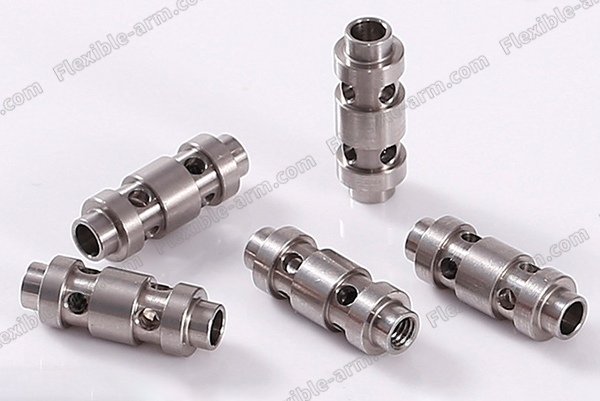
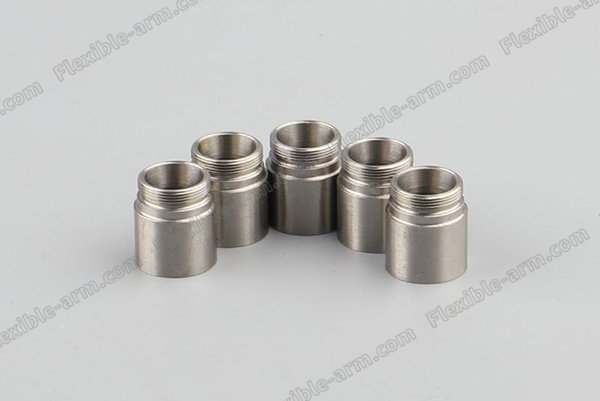
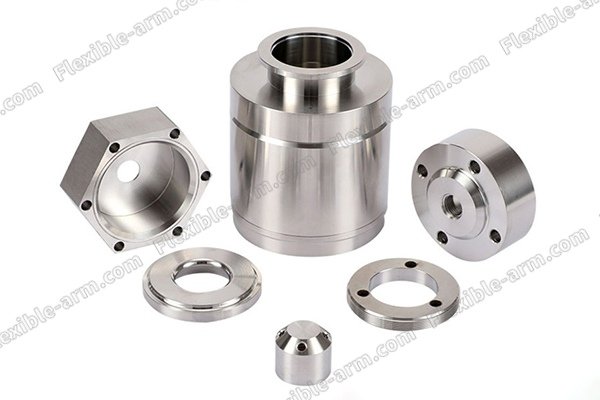
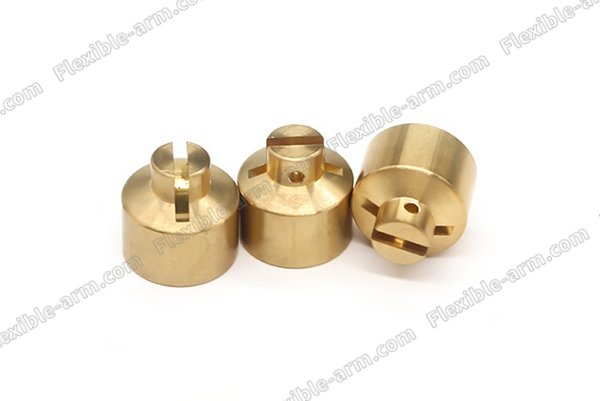
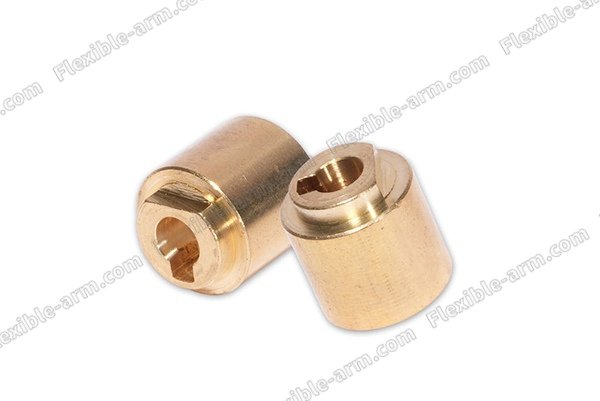
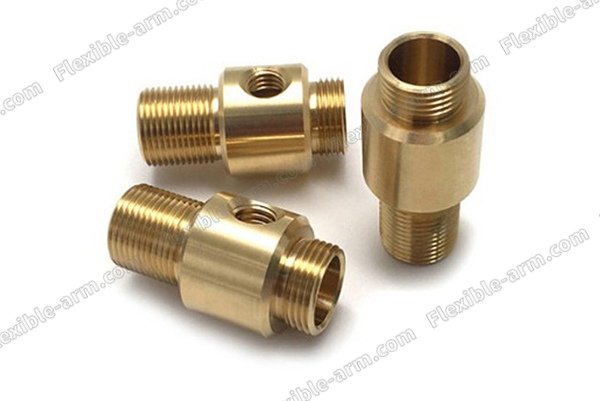
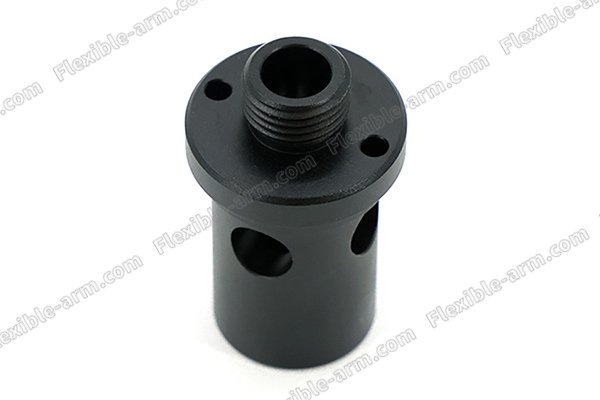
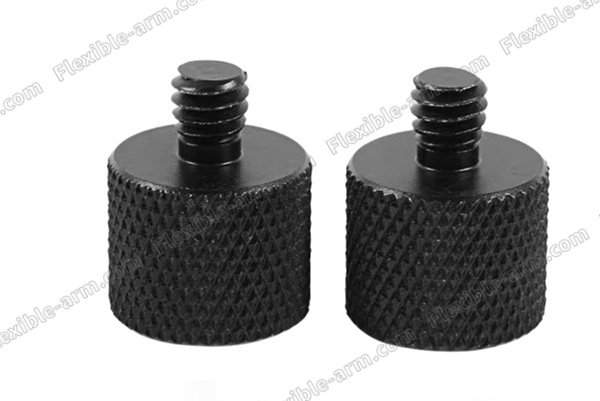
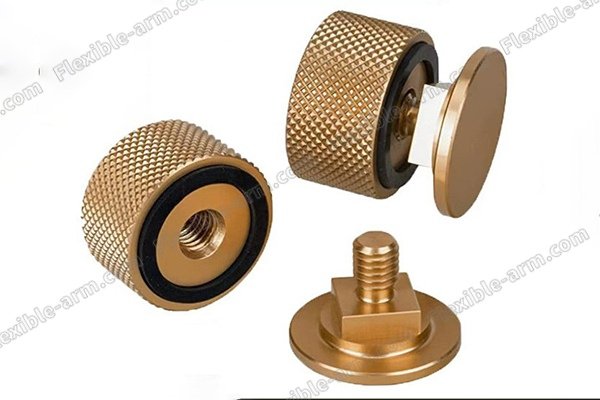
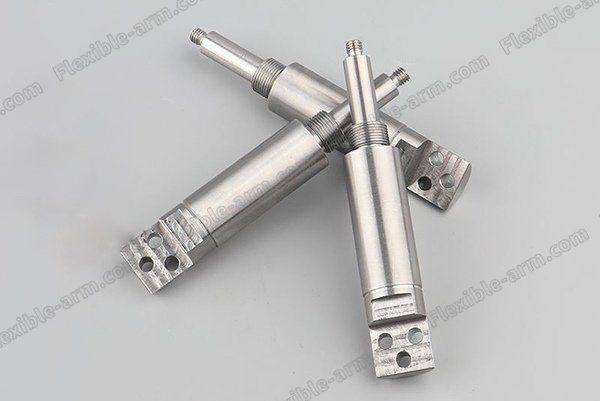
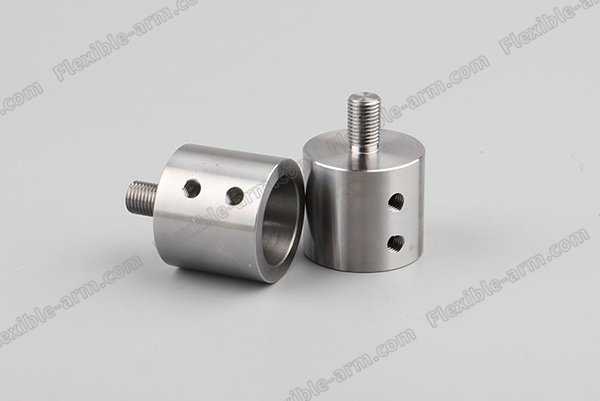
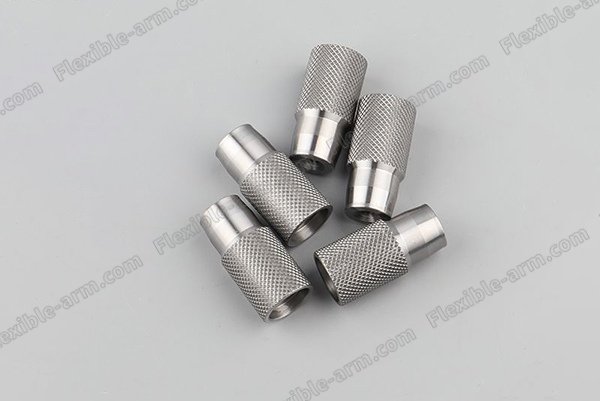
Leading manufacturer of CNC Machining Components for industrial applications. Utilizing Advanced Capabilities to deliver high-precision, complex parts that exceed global standards. Reliable quality for aerospace, medical, and heavy industry.
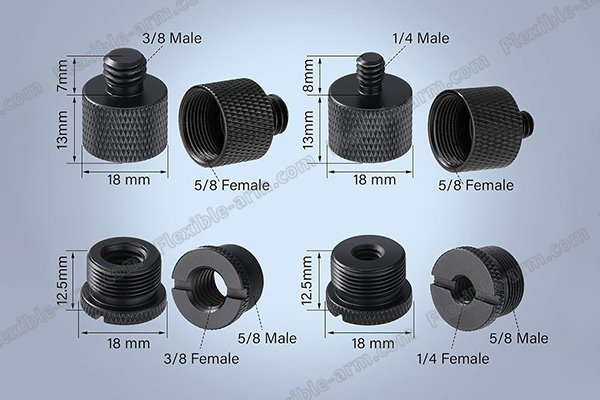
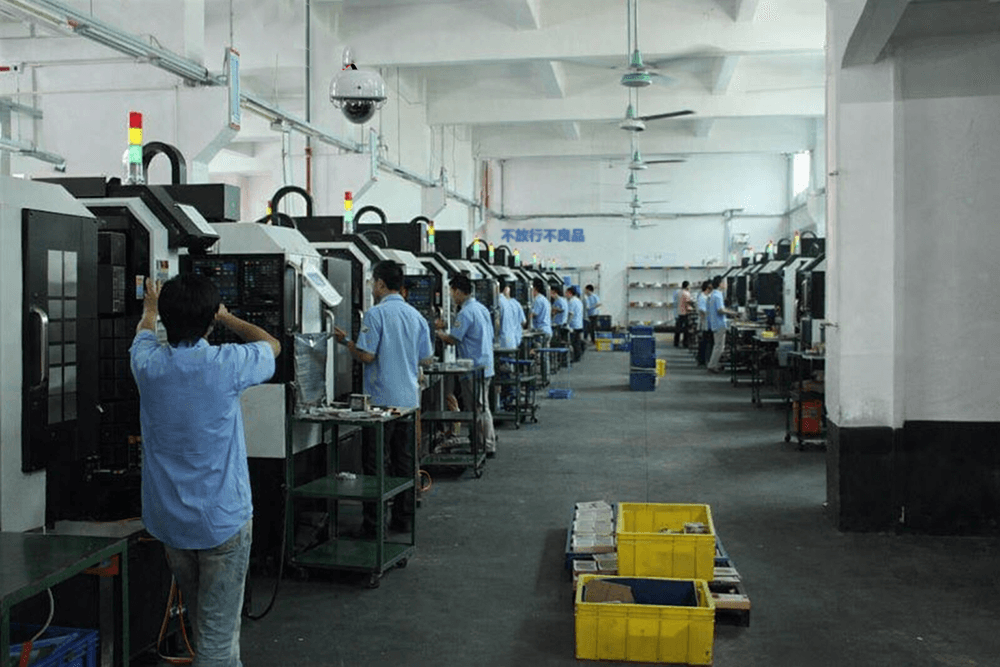
| Material Category | Tolerance | Common Alloys | Strength/Corrosion | Industry Applications | Finishes Available |
|---|---|---|---|---|---|
| Stainless Steel | ±0.01mm | 304, 316L, 17-4 PH | Excellent corrosion | Medical Instruments, Marine, Food Processing | Polishing, Passivation |
| Brass & Copper | ±0.01mm | C360, C110, Beryllium Copper | Good conductivity | Electrical Connectors, Fluid Power, Sensors | Plating, Polishing |
| Aluminum | ±0.01mm | 6061-T6, 7075, 2024 | Lightweight | Aerospace, Robotics, Electronics Enclosures | Anodizing (various colors) |
| High-Performance Steel | ±0.01mm | 4140, 1018, A2 Tool Steel | High strength | Automotive Tools, Industrial Fasteners, Gears | Powder Coating, Plating |
Ultra-Precision: Standard tolerances of ±0.01mm, with capabilities up to ±0.005mm for critical applications.
Material Versatility: Expert processing of Aluminum, Stainless Steel, Brass, Titanium, and Engineering Plastics (PEEK, POM, PTFE).
Rapid Turnaround: Prototypes delivered in as little as 3-5 days; streamlined logistics for global shipping.
Quality Assured: ISO 9001:2015 certified process with 100% OQC (Outgoing Quality Control).
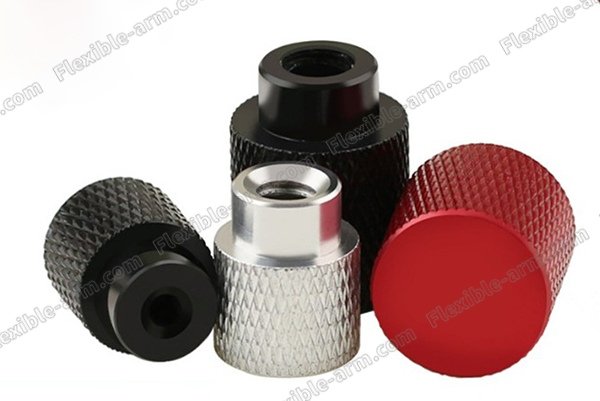
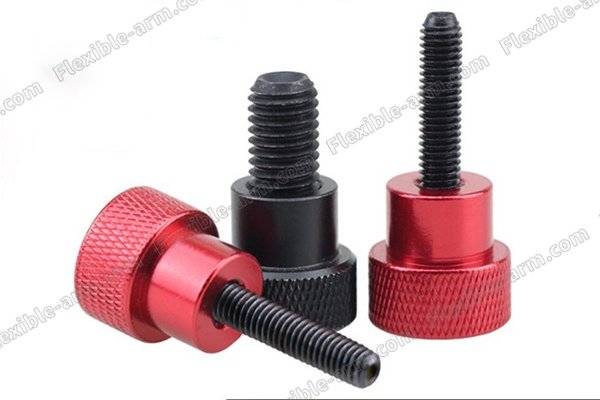
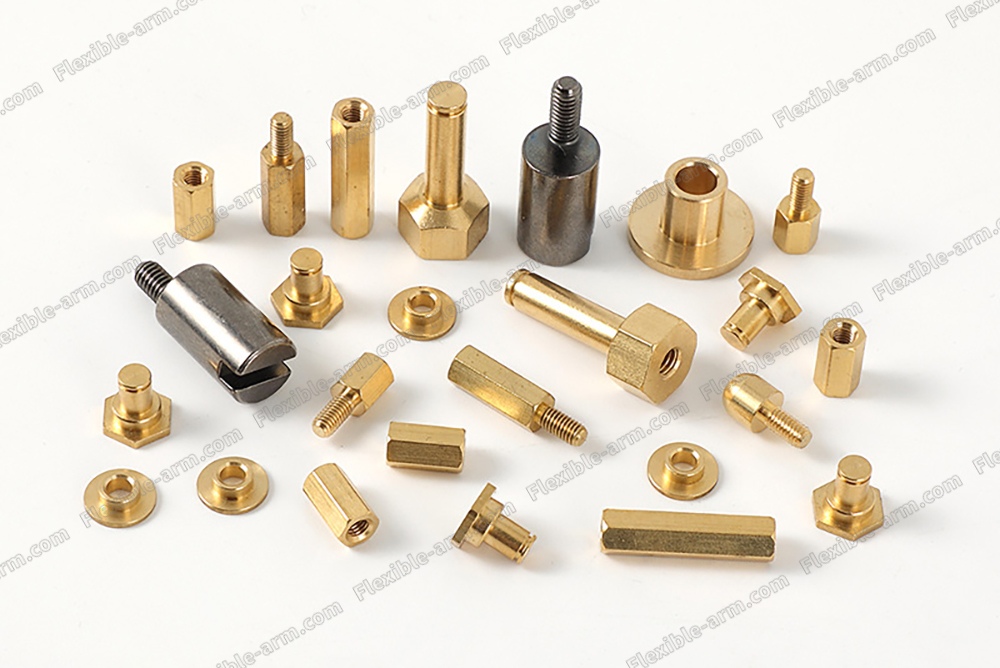
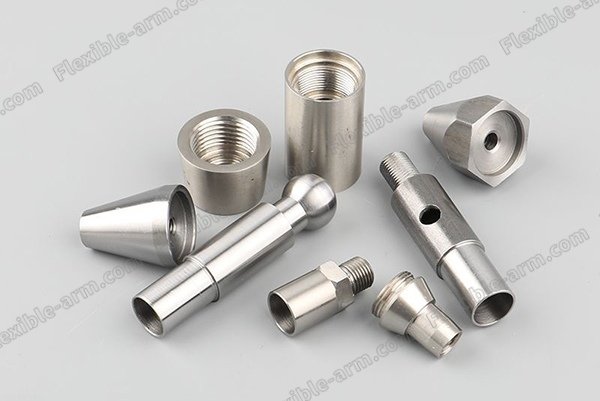
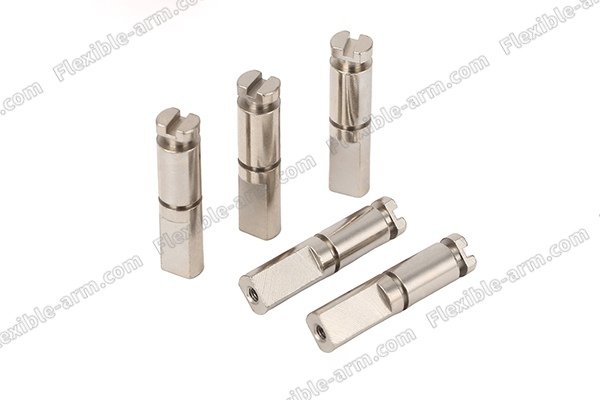
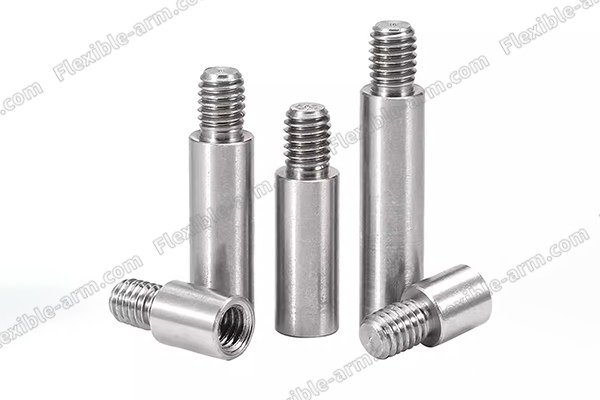
Medical & Healthcare: High-precision surgical components and implant prototypes.
Automotive Tech: Custom engine components and lightweight EV structural parts.
Industrial Automation: Robotic arms, sensor brackets, and custom jigs/fixtures.
Aerospace & Defense: High-strength, low-weight components with strict traceability.